Diversity Matters with Oscar Holmes IV Season 5, Episode 4 Episode Title: Raising Native American Voices Guest: Dr. Joe Gladstone Diversity Matters with Oscar Holmes IV is a podcast that explores all things diversity, equity, and inclusion (DEI) related. In each episode, Oscar and his guests have lively discussions around DEI topics, explore the latest research on the topic, and discuss the implications so that listeners will be more knowledgeable about the topics and be able to apply the insights to their lives. Show Summary: "For any Native American advocate, be who you are, find what you’re passionate about, and do your best not to let people talk you out of it. Things won't change instantly, but in the grand scheme of things, good work done diligently will ultimately prevail.” — Dr. Joe Gladstone Too often, the vibrant tapestry of Native American cultures gets flattened into a single, oversimplified narrative. But their powerful voices demand to be heard in all their diversity. In this episode, we're joined by Dr. Joe Gladstone, whose roots span the Blackfeet Tribe of Montana and Nez Perce. As an esteemed educator, he's on a mission to bridge the worlds of modern management principles and the rich wisdom of Native and Indigenous cultures. Currently, he is an Associate Professor of Management at Washington State University’s Carson College of Business. From exploring the deep symbolism of land acknowledgment ceremonies to preserving Indigenous languages, his insights will challenge you to reflect on the profound respect owed to Native communities. We also touch upon transplanar wisdom, a foundational Native American and Indigenous philosophy, and its influences on organization management and business ethics. 3 Exceptional Highlights: Over 500 federally recognized Native American tribes in the U.S. retain sovereignty, as enshrined in the Constitution defining them as sovereign nations alongside foreign states. Land acknowledgments should be accompanied by tangible efforts to recognize, honor, and give back to the Native communities that have historically been connected to that land. Rather than deeming any Native tradition or culture obsolete, we must examine which ones are genuinely authentic to pre-reservation times and which are more recent adaptations. Show Highlights: Can you share how your cultural heritage has influenced your personal and professional journey? 02:31 - Dr. Joe Gladstone Working with tribes has given me a deep understanding of how different cultures perceive and navigate the world. This understanding has influenced my focus as an educator on respecting and helping others draw from their own experiences. What does it mean to be enrolled into a particular tribe, and what does life look like for people on reservations? 08:39 - Dr. Joe Gladstone Each tribe has its own rules around enrollment, which is essentially citizenship. For many tribes like the Blackfeet, you need a certain 'blood quantum' or degree of ancestry to enroll. Your enrollment is usually decided by your parents when you're young based on the tribe's rules. Reservation life ranges from isolated rural communities to urban existences, depending on the tribe's geography and enterprises. What does The PhD Project mean to you? 14:37 - Dr. Joe Gladstone I’m grateful to the PhD Project for connecting me to schools like New Mexico State that were interested in my background with American Indian communities. For minorities to build strong economies, we need business skills around making, managing, and accounting for money. Having professors who look like the students and can make business real for them keeps them engaged to graduate. One of the things that I often get asked is about the practice of Land Acknowledgments and whether or not people should do them. What is your take on it? 21:46 - Dr. Joe Gladstone Land acknowledgments have a deep spiritual tradition among Native peoples. When entering someone else's land, we acknowledge that we are guests, honor past inhabitants, respect the current stewards and their rules, and commit to protecting the land for future generations. How can organizations show authentic respect alongside land acknowledgment ceremonies? 25:15 - Dr. Joe Gladstone Simply saying the words of a land acknowledgment is not enough. Organizations should pair the acknowledgment with concrete actions to give back to the tribal communities whose land they occupy, like building a park, rehabilitating land, holding an annual ceremony/event, etc. Another way would be to educate themselves about the specific Indigenous people who originally lived on and knew that land intimately. We know there are difficulties in preserving Native American culture and art plays an important role in doing that. One of my favorite The Moth episodes is a story that Manuelito Wheeler shared wherein he spearheaded ...
Show More
Show Less
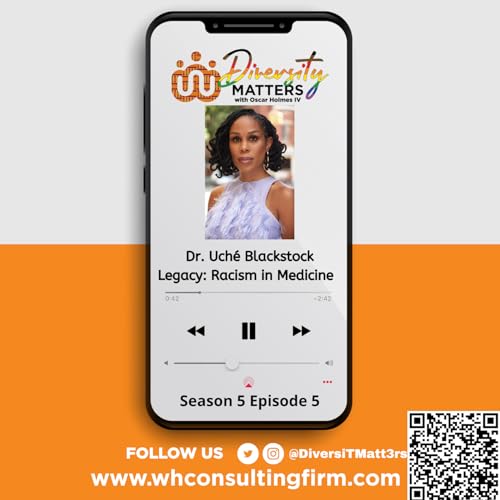 Sep 13 202431 mins
Sep 13 202431 mins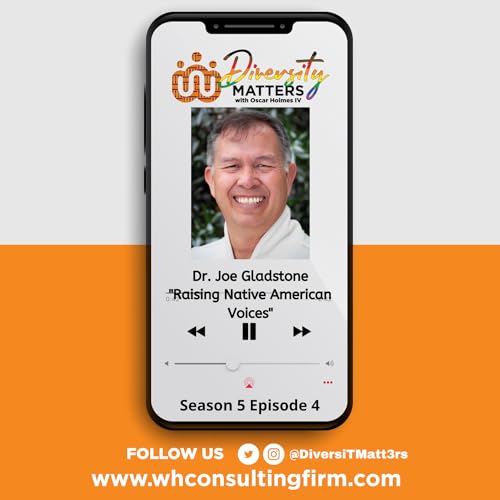 Jun 22 202449 mins
Jun 22 202449 mins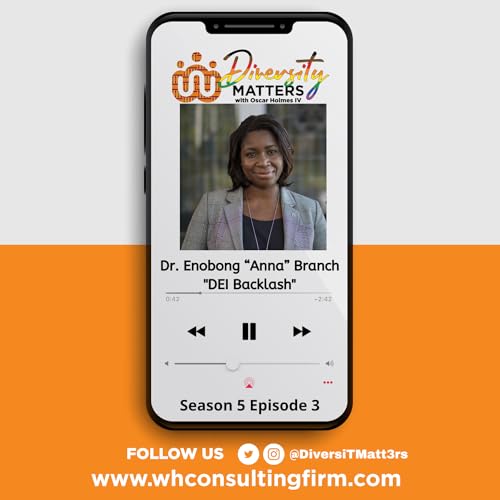 Jun 1 202454 mins
Jun 1 202454 mins May 11 202445 mins
May 11 202445 mins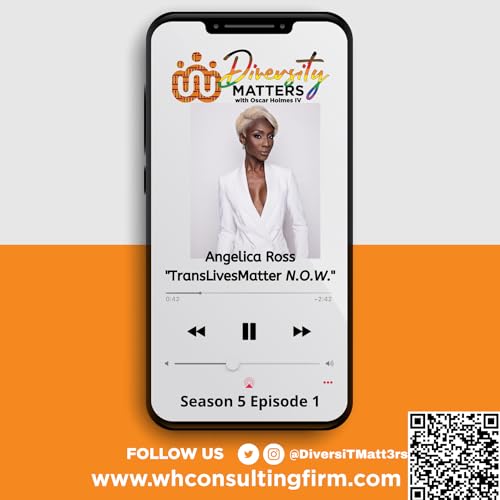 Apr 26 202445 mins
Apr 26 202445 mins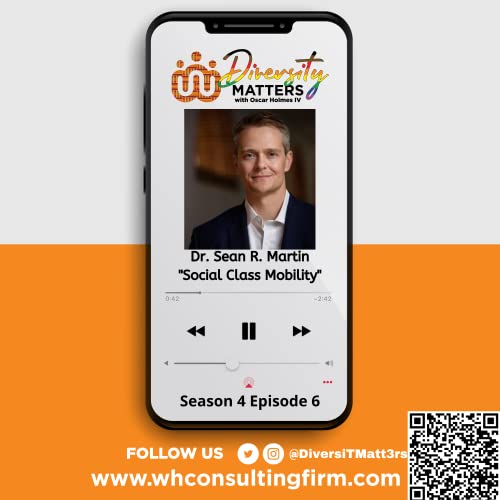 May 2 202346 mins
May 2 202346 mins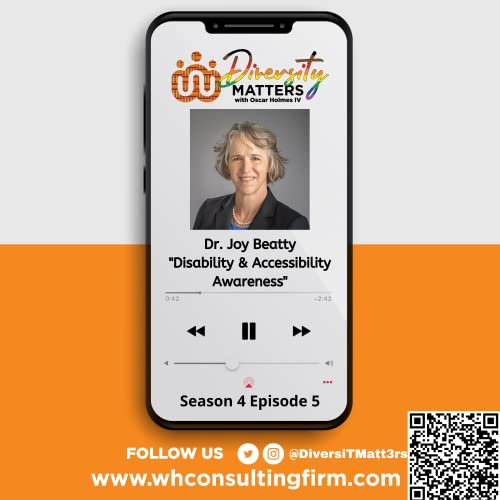 Apr 25 202338 mins
Apr 25 202338 mins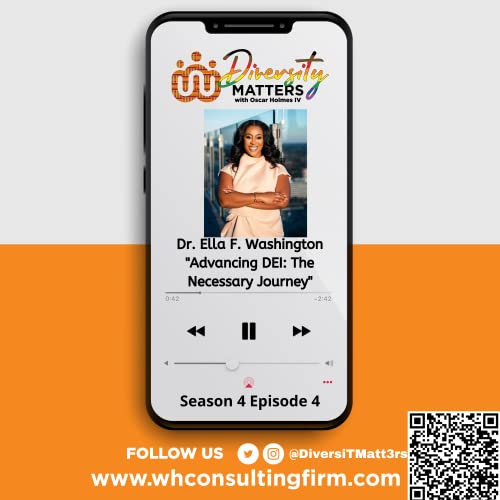 Apr 3 202340 mins
Apr 3 202340 mins